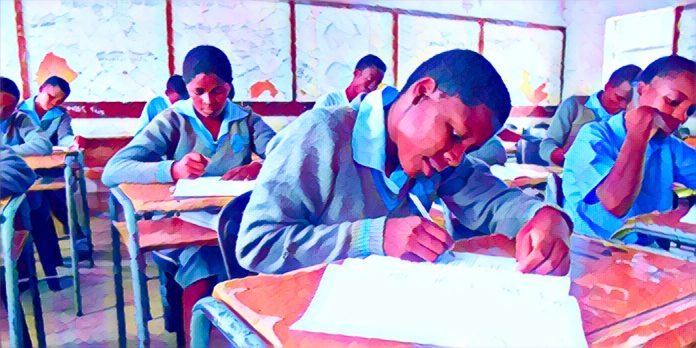KEY POINTS
- Parents in Nigeria are facing financial challenges as schools increase fees due to inflation and rising operational costs.
- Some parents are forced to seek more affordable alternatives, while others cut back on household expenses to afford education.
- The fee hikes come as schools grapple with higher costs for salaries, utilities, and materials.
Parents Squeezed as Schools Increase Charges Because of Costs
Parents in Nigeria are counting the cost of the increased inflation rate in the country as schools increase their tuition fees due to an increase in operational costs. As schools struggle to balance their budgets, many parents are struggling to pay for their children’s education, some are looking for cheaper schools or schools with lower fees while others are cutting down on their expenditures to cater for school fees.
Inflation as the Major Cause of Fee Hikes
The standard of living in Nigeria has gone high and this has impacted almost all facets of life including education. Inflation has become a major concern to schools, whether private or public since they are experiencing a rise in their operational costs including staff salaries, utilities, and learning materials. Due to this, many schools have been forced to increase tuition fees to survive.
Parents have complained that these fees have continued to rise and this has made it very hard for them to retain their children in their respective schools. A parent told BusinessDay that the financial cost is making many families reconsider their options and some are thinking of changing to cheaper schools.
Some of the parents include Bolanle, a mother of two children, who has complained about the high cost of education saying it is an added burden to the existing economic challenges. “The school authority just notified us of an increase,” she said. “It is too much especially so when the cost of food and other household items are already on the rise. ”
Struggling Families Seek Alternatives
Due to these high fees, many parents are now looking for cheaper options for their children to be educated. This has made public schools which are comparatively cheaper than private schools, the most preferred institutions by those who cannot afford to pay for private school fees. However, the shift is not without its problems because many parents are concerned with the quality of education offered in public institutions.
At times, families are even reducing their spending on other basic needs in the household to cater for their children’s education. From cutting on food expenses to delaying other expenses which are not very important, parents are going the extra mile to ensure that their children do not drop out of school. However, the financial burden is still unendurable for many families even with the efforts in place.
Schools Struggling to Contend with Operational Expenses
In the case of schools, the decision to increase fees is not arrived at through a flippant decision. Schools are not immune to financial problems either as inflation affects all aspects of the school budget, including employees’ wages, electricity bills, and teaching materials. Some schools have argued that the fee increases are justified to sustain the quality of education and meet the increasing costs of operation.
However, school administrators have defended the fee increases as necessary for the survival of schools and some parents may consider it as unfair. If these changes do not occur, schools may not be able to offer the appropriate resources and services that may be important to the students.
A Call for Relief
While the schools struggle to deal with the increasing costs, some voices demand the government’s intervention. The parents and the advocates of education are calling on the authorities to implement policies that can help to reduce the costs such as subsidies or incentives for the schools to help in controlling the expenses.
As the economic conditions persist to be unfavourable, parents continue to hold on to the belief that a viable solution to the current situation will be arrived at to make education affordable for all families in Nigeria. It is for the future of their children’s education.



